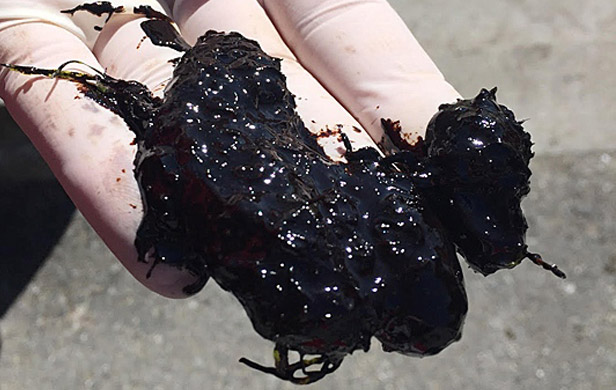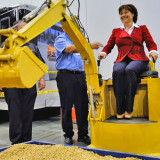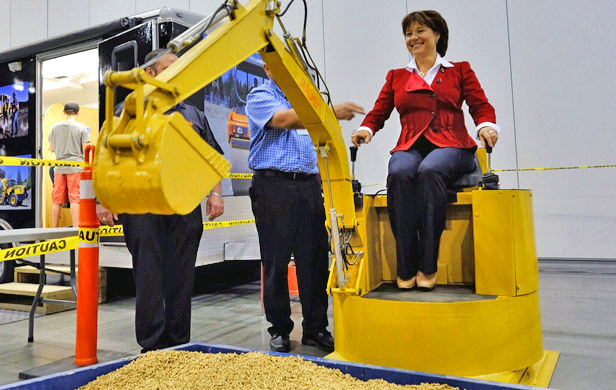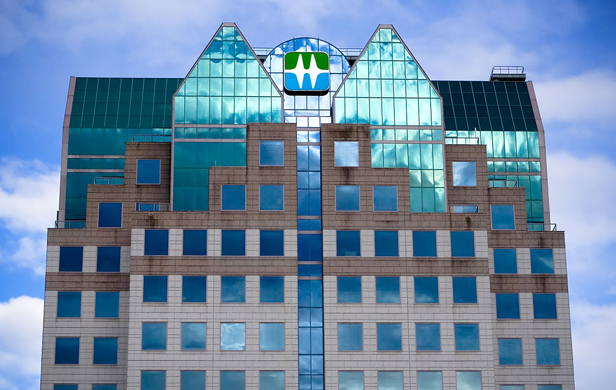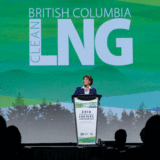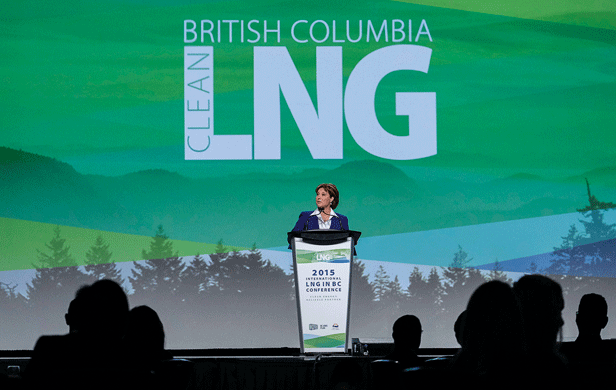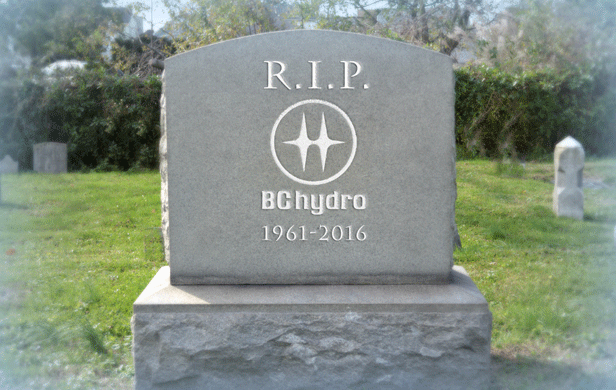
This is the story of the death of our province’s once greatest institution, BC Hydro. Though the public power utility began its life under Socred Premier WAC Bennett in 1961, the story of its demise starts circa 2001, under the newly-minted Liberal administration of Gordon Campbell.
Today, this once thriving institution is de facto bankrupt, without counting the $8.8-plus billion set aside for Site C Dam (a number surely to double, as we have seen with Newfoundland’s Muskrat Falls) – this catastrophe when customers haven’t required any increase in electricity for more than a decade, while rates increased by 30%.
The envy of the world
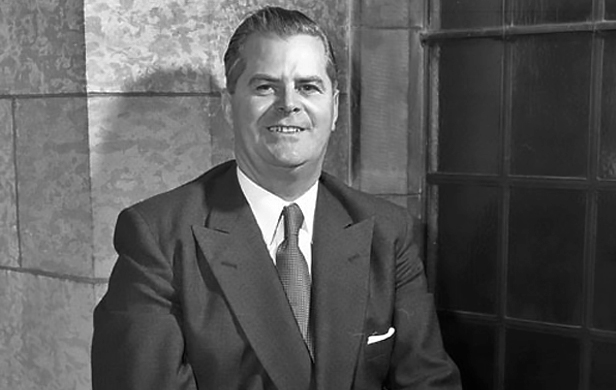
When the Liberals came to power in 2001, BC Hydro was a thriving energy company and it is no exaggeration to say the envy of the world. It was set up by WAC Bennett so that cheap power could be delivered to the less developed regions of the province the private sector wouldn’t supply. Bennett held that without cheap transportation and power, the north couldn’t develop, so he converted private companies into BC Rail, the BC Ferry Corporation and BC Hydro.
Since 2001, BC Rail has disappeared and BC Ferries might just as well have. Moreover, BC Hydro’s real debt has increased by 1,170%, from $6 billion in 2005 to $76 billion today.
How did this happen to a profitable company and so quickly?
Public bad, private good
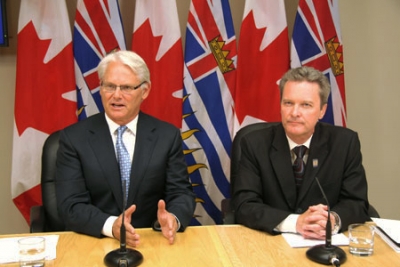
Clearly, it was deliberate and consistent with the Camp Rightwing and Fraser Institute-inspired view that crown corporations are evil and can’t possibly do anything as well as the private sector. You’re to overlook that this wasn’t part of Campbell’s election platform; in fact, he promised to save the crowns I mentioned, including BC Hydro. This was the first of a long line of Liberal falsehoods that continues to this day, reaching a crescendo with Premier Clark’s ongoing bullshit about Site C.
Let’s see how it happened and you judge whether or not it was deliberate.
In 2002 Campbell propounded his energy policy, part of which said: “The private sector will develop new electricity generation, with BC Hydro restricted to improvements at existing plants.” The other exception was Site C, since it had been in the plans since the ’70s.
The myth of “small hydro”
The private companies were called Independent Power Producers (IPPs) and here’s how then finance minister Colin Hansen described the program:
[quote]… where we can encourage small companies to build small scale hydroelectric projects that are run of the river, and what that means is, instead of having a big reservoir, a big dam that backs water up, and creates a great big lake, these are run of the river, so the river continues to flow at its normal rate but we capture some of the energy in the form of hydroelectric power from this.[emphasis added][/quote]
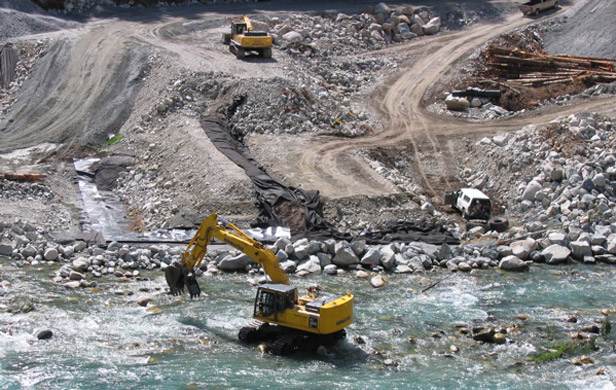
This was all barnyard droppings – the dams were called weirs but no less dams for that: the rivers, their ecologies, salmon runs and other water life were killed; roads and transmission lines were constructed; the small companies were the likes of General Electric. The contracts, which virtually run forever, pay the companies at least and often much more than double the market price and BC Hydro is required to buy all of their energy whenever produced whether it needs it or not!
A vital fact is that the vast majority of private power can only be generated during the annual Spring run-off, when BC Hydro least needs it as its reservoirs are full to brimming and power demand is at its lowest.
Power we don’t need, at outrageous costs
These huge corporations pay peppercorn rent, but didn’t fancy putting their own money on the line, so the public was forced to carry almost all the financial risks for a wealthy private system. It wasn’t long before every sharp operator wanted in, with the result that a few big guys cashed in and Hydro was stuck with buying power it didn’t need at prices it couldn’t afford.
What happened then?
Norman Farrell, a Hydro watcher for many years and the publisher of In-sights, says:
[quote]… IPP power, (for 2015) costing BC Hydro $1,217 million, could have been acquired from our southern neighbours for $545 million, a $672 million premium for buying power in BC. Ironically, many of the IPPs are foreign owned companies, happily exporting their profits…the fastest growth in the independent power industry has been in last two years, while Premier Clark hurries to get the Site C dam construction beyond what she calls “a point of no return.”[/quote]
Premier Campbell’s rationale was that IPPs would supply California, but didn’t do his homework or he’d have known that California’s renewable portfolio standard doesn’t consider IPPs “green”, so they won’t pay a premium for electricity produced by our IPPs. BC Hydro was forced to take and pay for all this power whether it needed it or not – and it didn’t. Another great business decision!
Self-regulation = No regulation
These huge, rapacious IPPs police themselves with respect to environmental practises, and Surprise! There have been no prosecutions. The environmental consequences have been rightly called a “horror show” by eminent BCIT fish biologist Dr. Marvin Rosenau.
And for all that, the values of IPP generating facilities are not included in BC Hydro assets, although the company is obliged by contracts extending up to 56 years to pay a reported $56.2 billion for the produced power.
Working to save our rivers
In 2008 I was approached by rancher Tom Rankin, who had a ranch on the Ashlu River near Squamish, destroyed by an IPP. Tom, a successful businessman who had formed Save Our Rivers Society, asked me to be spokesperson and I joined Damien Gillis, now publisher of The Common Sense Canadian – which we later co-founded in 2010 – and Joe Foy, chief campaigner for The Wilderness Committee, using Tom’s enormous knowledge reservoir, and we travelled throughout the province in the 2009 election speaking against this calamitous Liberal energy policy.
With help from people like economist Erik Andersen, we would continue for years to explain to people from village to village that their rivers were being destroyed, their Hydro rates were set to soar, and BC Hydro was being driven into bankruptcy. People simply couldn’t believe that any premier or any government would allow this to happen! Well, it did happen and the result was even worse than we had forecast.
The only good news is that through these efforts and the support of thousands of British Columbians awakening to this crisis, we were able to fend off most of the really big projects – General Electric’s $5 Billion/17 river Bute Inlet behemoth, The Upper Pitt River Project, the Glacier/Howser project in the Kootenays, and many others. All that is to say that, no matter how bad things got, they could have been much, much worse.
What is Weaver thinking?

Because politics is what this is all about, you should know that the current Green Party leader, Dr. Andrew Weaver, wrote and spoke in favour of the Liberals’ policy in 2009 (listen here to his robo-call on behalf of the Campbell energy policy) and still supports it to this day – to the astonishment of all who hoped that the Greens might be a solution, not part of the problem.
In fact, prior to his decision in 2009 to support the Campbell Energy Plan and its IPP program, Dr. Weaver didn’t bother to visit the easily accessible Ashlu River project, all but completed, to see for himself what an ecological catastrophe but baldly stated IPP energy to be “clean and green”. Even as recently as this month Dr. Weaver declared to me that IPPs were merely waterwheels!
Here we are in 2016 and BC Hydro would be bankrupt if it were in the private sector. The public is left to pay ever-increasing rates to cover this financial boondoggle (and that’s without the massive additional burden of Site C), scores of rivers ruined, wealthy companies made wealthier with the money going out of British Columbia, all without any change in sight – except for the worse.
Robbing Peter to pay Paul
Ah, but that’s not all this business-oriented government has done for us. You see, BC Hydro is forced to pay an annual dividend to the government so that Finance Minister Mike de Jong’s “budget” looks better. Now – get this – Hydro must pay this dividend even if it loses money hand-over-fist, as it has ever since the Liberals got their greedy little pinkies on the till.
As of now, Hydro owes $852 million to the government over the next three fiscal years in mandatory annual dividend payments and, not having the money, must borrow the funds. In short, BC Hydro must borrow money — which ratepayers will have to pay back in the future — so that it can meet government’s annual demand for a share of its non-existent profits, transferring the debt from us the taxpayers to us the ratepayers!
The business acumen displayed takes the breath away – along with our money.
Deferring the inevitable
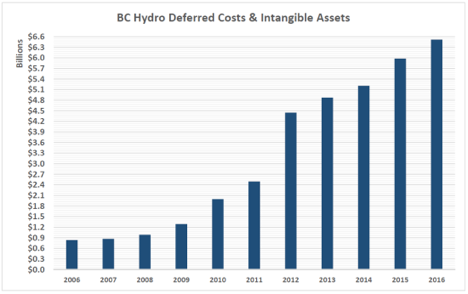
Here’s some more funny math. BC Hydro has been deferring expenses to avoid declaring operating losses. “Money was disbursed but instead of treating payments as expenses, the company treats some of them as ‘temporary’ assets,” explains Norm Farrell. “It is like a dairy farmer buying hay but not counting its cost as an expense, arguing that feeding cows today allows them to grow larger and healthier and perhaps produce more milk in the future. It is trick accounting, allowed because government writes its own accounting rules.”
Another trick is with something called “regulatory assets” which are largely deferrals – expenses Hydro paid but doesn’t want to treat as expenses. Instead, they stay on the balance sheet as deferred costs. As of this year, they stand at a whopping $6.3 billion, up from $861 million 10 years ago and zero 15 years ago, when the Liberals took over from the NDP.
“Someday, these will have to be treated honestly,” says Farrell. “Except, if they did that, instead of showing profits, they would show massive losses and have to end the transfers from BC Hydro to provincial treasury.”
Where are the alternatives?
BC Hydro is often referred to as our “energy” company – I’ve called it that – where in fact it is our “Hydroelectric” energy company. Hydro has been negligent unto disobedient in its failure to assess alternative sources of energy.

For many year, it made the excuse that other energy sources like wind power, tidal, solar and so on were intermittent – there’s no wind power when there’s no wind – and the power couldn’t be stored, so it was useless. That excuse is no more. These alternate sources, with new technology, can spell each other off in an integrated grid, and are starting to be stored through improved battery technologies and can thus relieve the need for hydroelectric power with consequent monetary and environmental savings. Not to mention geothermal, which is, like hydropower, “base-load” (always available). Experts tell us we’re awash in geothermal potential but BC Hydro would rather flood productive farmland with giant, old-school dams and sign rip-off IPP contracts than harness the sustainable and plentiful power beneath our feet.
The difficulty is philosophical and emotional as much as anything. It should be called the BC Energy Corporation and thus remove the impression that hydro is the only power we can get.
The management of BC Hydro is so wired into hydropower that they’re like a carpenter who only owns a hammer, so that everything he sees looks like a nail.
Space doesn’t permit an extensive look at Site C here, a book in itself, but most experts – including no less than the head of the Joint Review Panel into the project – agree that Site C is almost totally unnecessary in any event and, going further, there’s not a scintilla of need if alternative forms of energy were developed.
Our debt to bear
In closing, what must never be forgotten in any assessment of BC Hydro is that it is not only a public company owned by the people of British Columbia, their debts are owed by the people as well. It’s not that we don’t think of that much – we don’t think about it at all. We whistle past the graveyard, assuming that we will never be called upon to pay. We may not ever have to write personal checks but government services will be substantially diminished if BC Hydro turns up its toes to be ravaged by the vultures patiently watching.
When you look at the disgraceful mess the Liberals have made of BC Hydro, you have to seriously ask – how long will it take for the public to realize how Gordon Campbell and Christy have, ahem, screwed them?


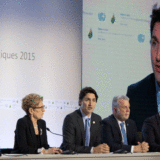
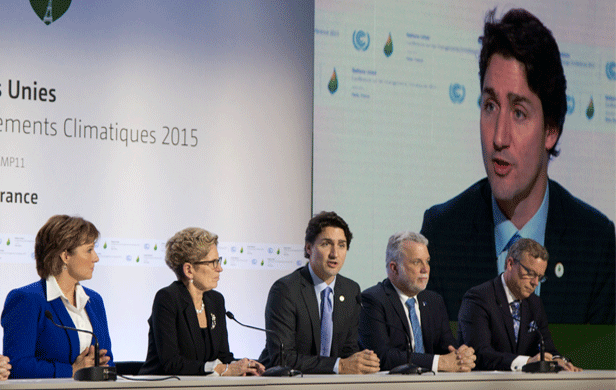
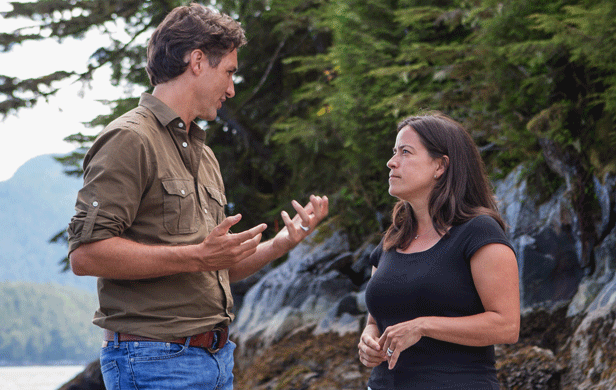
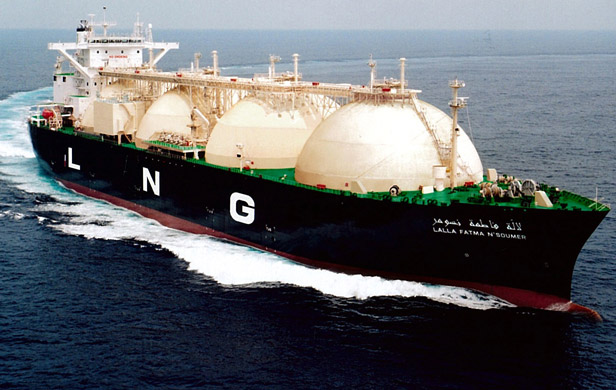 But that’s not all – there was no proper assessment of the impact of noxious discharges of the plant itself into the atmosphere or the impact of poisonous discharges into Howe Sound and their impact on recently restored salmon and herring runs.
But that’s not all – there was no proper assessment of the impact of noxious discharges of the plant itself into the atmosphere or the impact of poisonous discharges into Howe Sound and their impact on recently restored salmon and herring runs.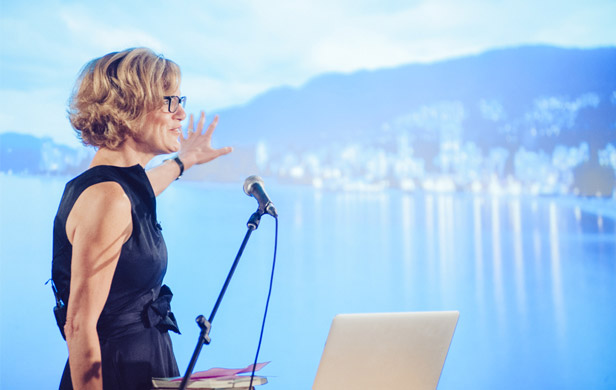
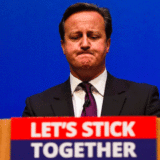
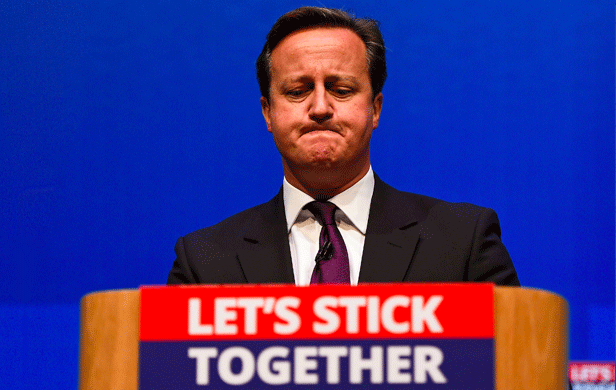

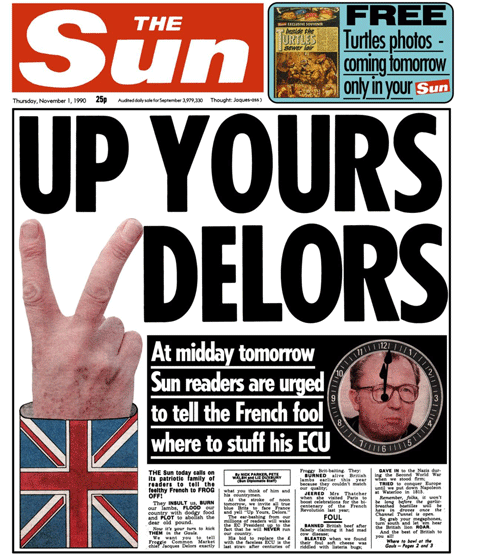 The fat was in the fire. Whereas, as recently as the early 1980s, much of the Labour Party had opposed the EC, while the Conservatives had favoured joining, after 1988 it was to be the Conservatives who were divided, with Thatcher and her supporters opposed to further European integration.
The fat was in the fire. Whereas, as recently as the early 1980s, much of the Labour Party had opposed the EC, while the Conservatives had favoured joining, after 1988 it was to be the Conservatives who were divided, with Thatcher and her supporters opposed to further European integration. 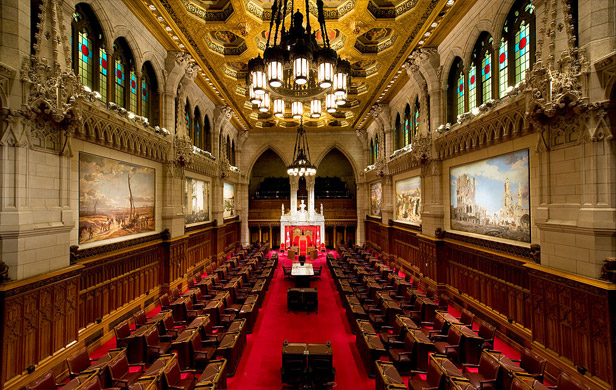
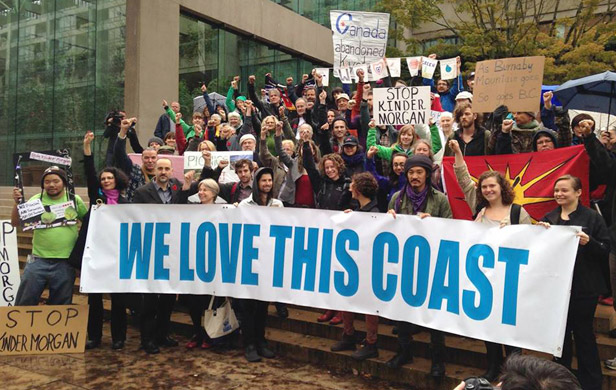
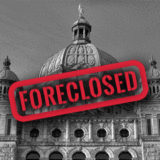
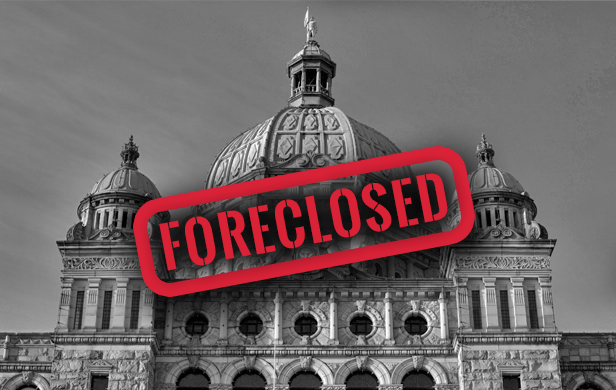


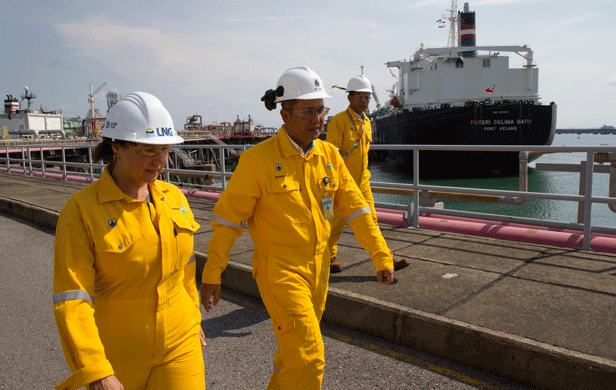
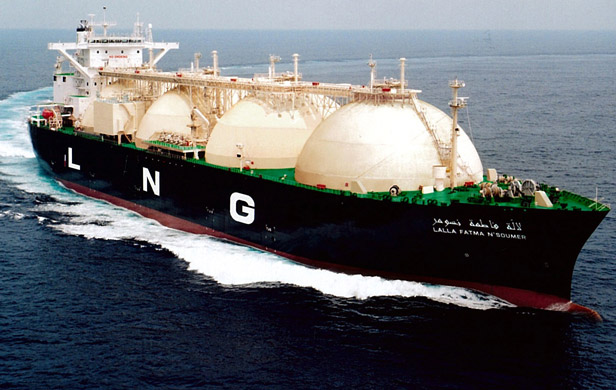 God knows I could go on but I close by reminding everyone of the ongoing LNG fiasco.
God knows I could go on but I close by reminding everyone of the ongoing LNG fiasco. 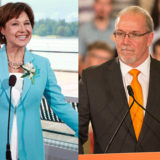
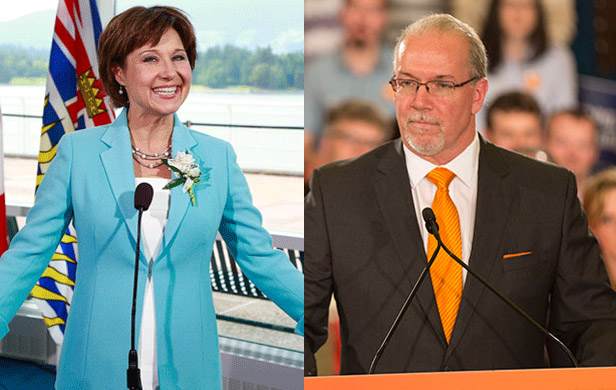
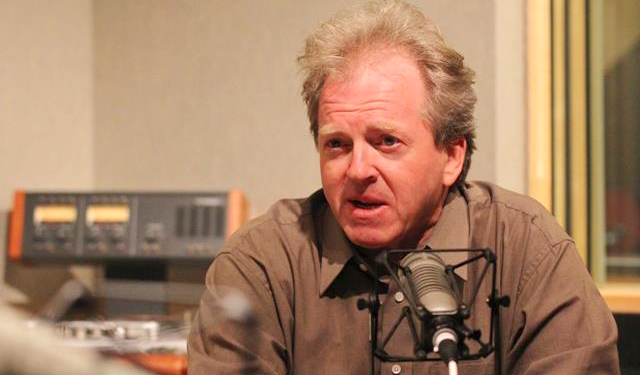

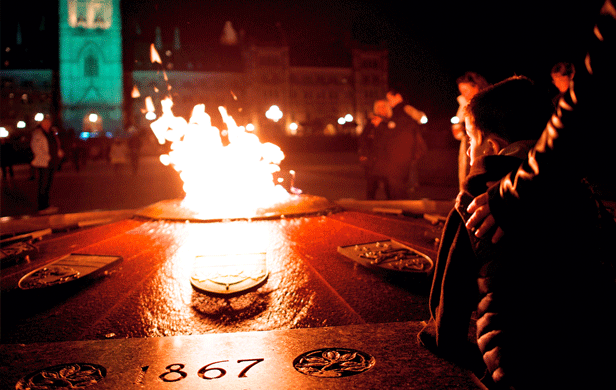
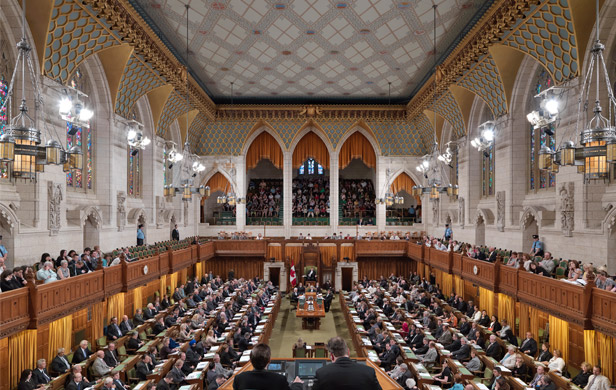
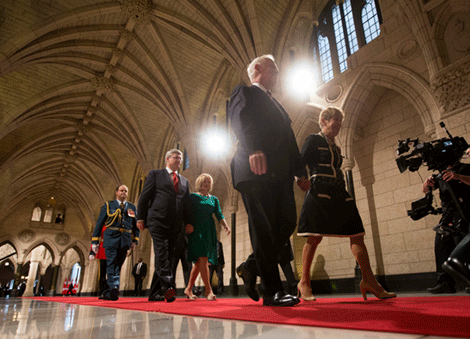
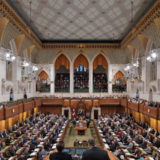
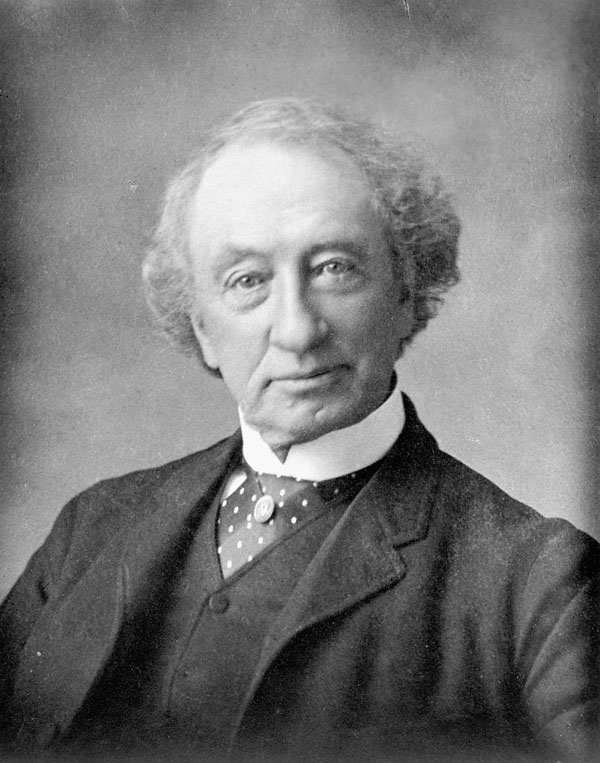
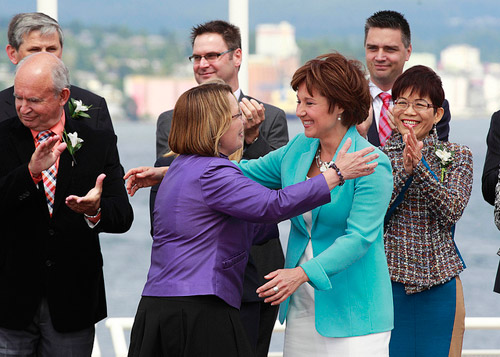
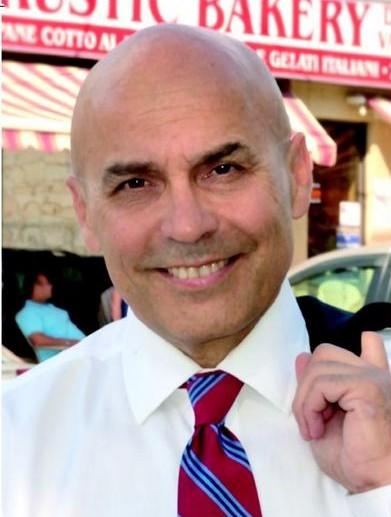
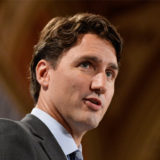
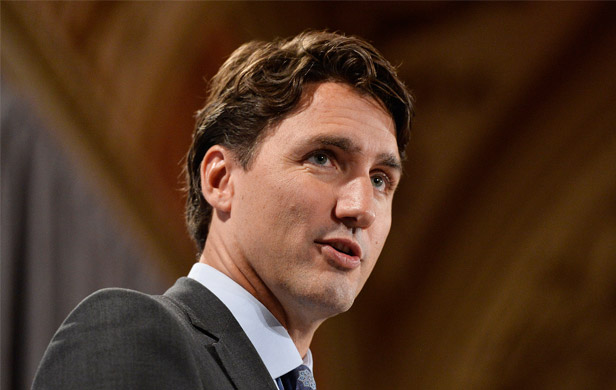
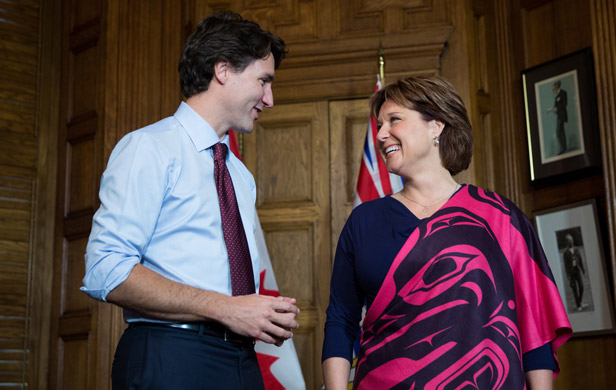
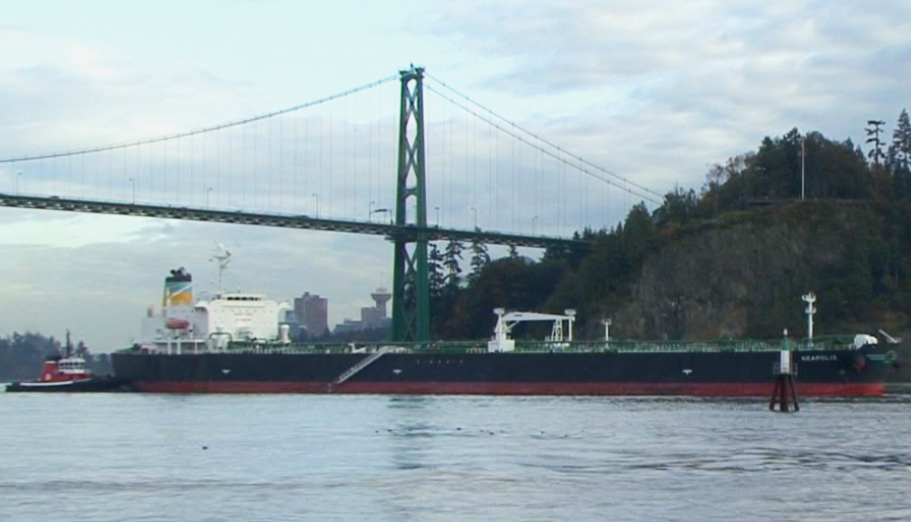 Now comes Kinder Morgan. Your party screamed like a stuck pig at the Harper government’s loading of the National Energy Board in favour of business – business that financially supported his government and now yours. There were going to be reforms. Structural changes, independence, fair play and the appearance of it. I say it again – compared to the NEB and all environmental assessment boards I have attended, the old Soviet show trials look like paragons of British justice. My response to the press when asked what was proposed for WFLNG was that after attending several meetings myself, I would rather have a root canal without an anaesthetic than go through another.
Now comes Kinder Morgan. Your party screamed like a stuck pig at the Harper government’s loading of the National Energy Board in favour of business – business that financially supported his government and now yours. There were going to be reforms. Structural changes, independence, fair play and the appearance of it. I say it again – compared to the NEB and all environmental assessment boards I have attended, the old Soviet show trials look like paragons of British justice. My response to the press when asked what was proposed for WFLNG was that after attending several meetings myself, I would rather have a root canal without an anaesthetic than go through another.